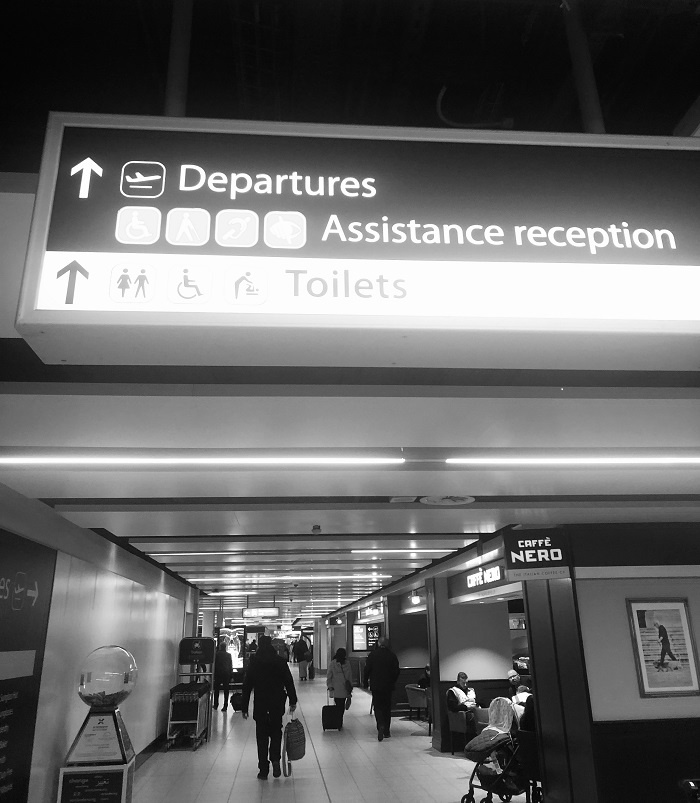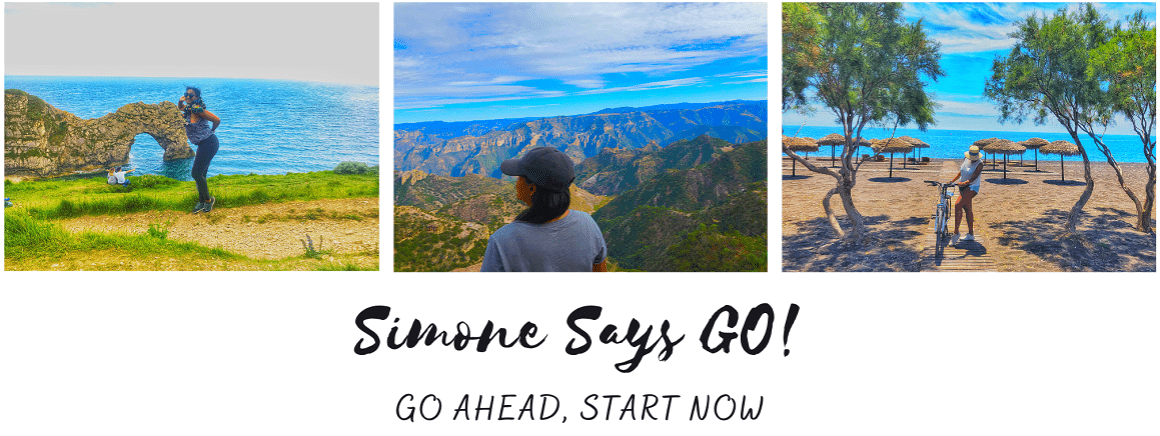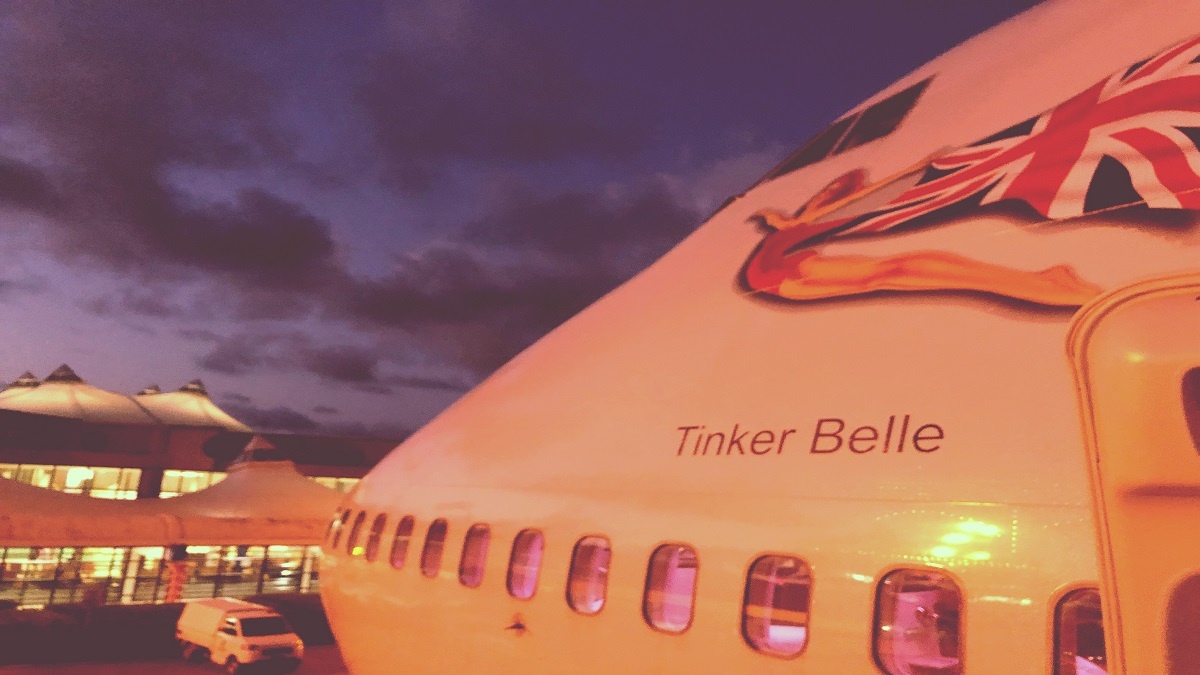The peace of a quiet holiday can be shattered. Carefully crafted plans can suddenly turn upside down. Nested in the fine print of every travel contract lies a “fluidity” clause. It flags that travel plans are subject to change.
Seasoned travellers can speak to this fact in colourful detail. “Learn to adapt” they will all say to you.
“Change of plans” may seem, however, like an inadequate description of the risk now present in global tourism. Everything is topsy turvy as nations fight to overcome a world health crisis.
Travellers returning to the UK from Spain recently found themselves in new circumstances. They are bound to new conditions of their travel. The UK government now requires them to quarantine for 14 days upon their return.
This is a U-turn in the policy that was in place when they first departed for Spain. But one could argue that the writing has been on the wall for months.
Then, if we turn to the US, Americans are currently banned from travel to most European countries. And in countries where they are allowed entry, there is discord among locals regarding their presence.
Why? Because some believe their entry poses a threat to national health given the COVID threat level in the US. It is imperative to maintain the status quo in places where there is low to no COVID cases.
However, American tourism represents a much-needed boost to these economies. And many of these open border options are highly dependent on tourism revenue.
Taking Steady Steps In Uncertain Times
How then can you as a traveller and as a global citizen, respond? There is no playbook for “managing travel during a pandemic”. And, with so much uncertainty looming over us, it almost feels impossible to manage travel plans with confidence.
It is not impossible however, to keep our chins up and do the best we can with all information at hand.
This is the new normal.
Planning In The Midst Of Change
To those with travel already in motion, here are recommendations for approaching a change in your travel situation.
Much easier said than done, I know. But in order to effectively problem-solve, you first have to stifle that first wave of panic. You know the one: bad news arrives and suddenly, everything starts throbbing.
Dig deep and resolve to stay calm.
2. Quiet the noise. Listen
It’s difficult to think or hear when alarm bells are going off in your head. The noise streaming in from persons around you, broadcast media and social media can incapacitate clear thought.
Focus first on capturing the facts only from official channels of information and filter out the rest. You can let the sensational chatter in after you’ve figured out what the hell is going on.
3. Absorb the information & calmly consider all of your options – not just the outcome you want
Use flexible thinking. Consider a range of possibilities. How else can your situation assessment yield maximum value unless it uses a 360 approach?
Let’s use the American situation as an example. Any fabulous plans of partying on a Greek isle, or idyllic days along the Italian coast have been dashed. That option is cancelled. But is everything really doomed?
Perhaps you can pivot to another country also offering beautiful beaches and fresh catch of the day. Other superb holiday destinations are open for tourism.
In the Caribbean region, where COVID cases are minimal, several borders have been re-opened. You can even stay long-term in Barbados and work remotely from the island. How about that for weighing a new alternative!
4. Be decisive
There’s something really reassuring about confirming a plan of action, even if it is not your top choice.
5. Communicate with all persons impacted by your alternative plan
Make sure you are keeping the communication lines open as you navigate your crisis. Update family, friends, work colleagues. They all form part of your support network.
Keeping people in the loop ensures that you are not alone in this. And who knows, someone in this group may even be able to help in ways you couldn’t foresee.
6. Move forward
Get your new plan in motion. You have to keep going. You’ve determined what your next step should be so move forward with renewed purpose.
Despairing over “what could or should have been” is a waste of your time and energy if those options are no longer feasible.
Redirection has a funny way of working out in your favour over the long-term. Of course, we can’t see that initially when we are standing in the height of a storm.

Future Planning
But how about if our plans to take flight are not yet in motion? Do we play it safe, stick close to home and pursue staycations when wanderlust calls? Or do we forge ahead, albeit on an imperfect plan?
Everyone holds different viewpoints on whether overseas travel is currently an essential need for themselves. How about we agree on this: every individual should conduct a risk assessment.
Why? Because major changes in public travel rules have vastly different implications for persons.
If holidaymakers were to become ‘stranded’ or delayed overseas due to a policy shift, consider the impact on persons with unrestricted financial resources and flexible employment conditions vs. those without.
Therefore, let’s first aim to understand our own risk capacity. From there, we can opt to take a calculated risk. Or, not.
And so… this is where we are at the moment. Responsible travel decision-making during a pandemic. What does it mean?
BEFORE YOU GO! DON’T FORGET TO…
- Comment and share your thoughts
- Like if you enjoy the content
- Share to Facebook, Twitter or LinkedIn
- Subscribe to the blog. Future posts will come directly to you!
It’s all below. Thank you for reading!
Discover more from Simone Says GO!
Subscribe to get the latest posts sent to your email.


I miss traveling so much, but I am not willing to take a calculated risk now. It seems overly optimistic to plan for a trip when Fauci says a vaccine is months away. I want to travel too, but not now I suppose. 🙁
That’s fair and totally understandable on your part. It just means exploring and enjoying more on the home front until, doesn’t it!
Great post! We all have to adapt and choose our best optios while considering all safety issues.
Thank you! I’m so glad you enjoyed it.
Absolutely – safety first and careful consideration. None of the spontaneous travel moves I love making for the time being!
Reading this made me miss traveling so much! I had some plans this year to celebrate my last year in college with some friends, but that’s been cancelled. Hoping to travel soon tho!
The bright side is when we eventually can fulfill all of these major plans that have been postponed, they will likely be the best trips ever. We are going to see to that.
Really interesting to read this post. I’m so fortunate that I’m on a working holiday visa. I had planned to go to Asia for the NZ winter, but being stuck in New Zealand is the best thing that could’ve happened to me!
Really hope you can get back to travelling safely soon! At least this provides an opportunity for us all to travel domestically and appreciate the amazing countries we reside in!
Being “stuck” in New Zealand….is that even a concept?! You certainly are fortunate from both the perspective of that stunning environment to the public health situation there.
This time’s definitely been good for exploring locally. I’m almost ashamed to admit how much amazing spots I’ve discovered right on my doorstep. How did I not know these places existed before!